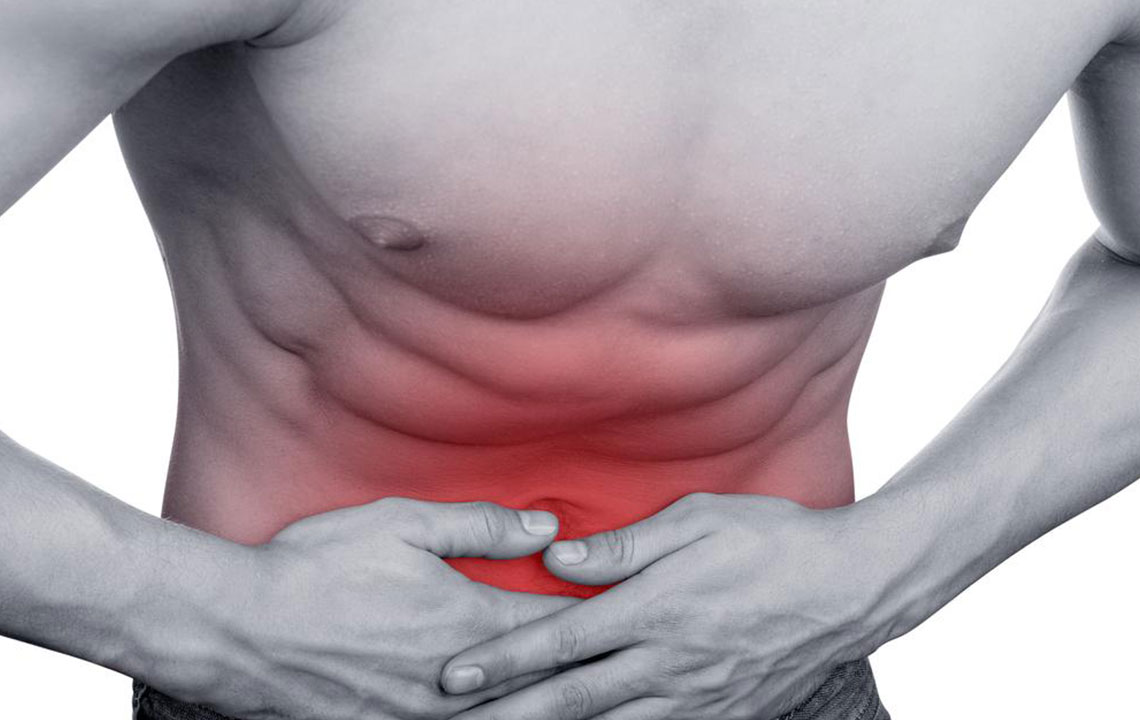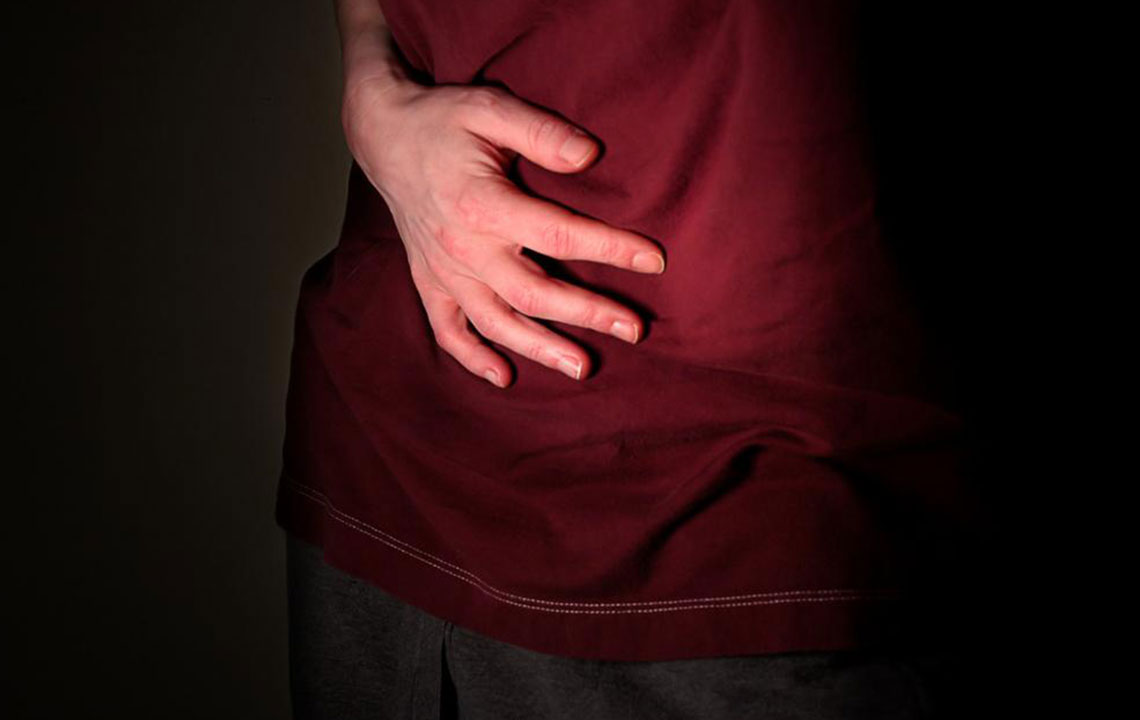Understanding Common Causes of Abdominal Discomfort
This article explores common causes of abdominal discomfort, including dietary sensitivities, infections, hormonal imbalances, and other medical conditions. Recognizing symptoms early and seeking medical advice can prevent serious health issues. Detailed explanations of causes and advice highlight the importance of proper diagnosis and treatment for persistent stomach pain.

Understanding Common Causes of Abdominal Discomfort
Stomach discomfort refers to pain or unease experienced in the abdominal region. Various medical conditions can cause persistent stomach pain, which should not be ignored. If you experience pain lasting multiple days or recurring three times weekly, consult a healthcare professional. Serious illnesses like cancer, gastritis, or appendicitis may present as abdominal pain. Typically felt between the chest and groin, stomach discomfort can cause significant discomfort and restlessness. Early diagnosis through appropriate medical evaluation is crucial for effective treatment and to prevent serious health complications.
Sometimes, symptoms resembling cardiac issues can also signal underlying stomach problems. Abdominal discomfort can be sudden, severe, or mild, including cramps or dull aches. Treatment approaches depend on identifying the root cause and severity of pain.
Possible reasons for stomach discomfort include:
Many times, localized organ impairment causes abdominal symptoms. Understanding the underlying issue helps manage and treat the discomfort effectively.
Lactose Intolerance: Millions globally struggle to digest lactose, the sugar in dairy. This intolerance causes bloating, diarrhea, gas, and constipation, varying with sensitivity levels. Dairy alternatives like soy milk can help.
Medication Side Effects: Some medicines may lead to stomach pain as a side effect. These effects can vary based on dose, age, health status, and gender.
Gluten Sensitivity: Gluten intolerance causes damage to the small intestine, impairing nutrient absorption and leading to bloating, pain, constipation, or fatigue.
Endometriosis: Affects women of all ages, where uterine lining cells grow outside the uterus, causing pain, irregular bleeding, and possible infertility.
Thyroid Disorders: Thyroid gland issues affect metabolism. Imbalances can lead to symptoms like enlargement of the neck, soreness, or lumps, often more common in women.
Peptic Ulcers: Bacterial infection reduces protective stomach mucus, leading acids to damage stomach lining, forming ulcers.
Artificial Sweeteners: Excess sorbitol from sugar substitutes can cause gas and diarrhea, as it’s poorly absorbed and fermented by gut bacteria.
Stress and Anxiety: Psychological stress impacts digestion, causing symptoms like stomach aches, fatigue, and gastrointestinal disturbances.
Food Poisoning: Contaminated, improperly stored, or spoiled food harbor bacteria toxins, leading to fever, chills, pain, and diarrhea.
Inflammatory Bowel Disease: Chronic inflammation of the digestive tract causes persistent pain, nausea, fatigue, and weight loss.
Constipation: Hard stools difficult to pass stretch the colon walls, causing pain and discomfort.
Parasitic Infections: Parasites living in or on the body can cause various gastrointestinal illnesses, sometimes severe but often treatable.
Menstrual Cramps: During menstruation, women may experience lower abdominal pain, backache, and weakness due to uterine lining shedding.
Note: This article offers informational insights into abdominal discomfort. It is not a substitute for professional medical advice. For persistent or severe symptoms, consult a healthcare provider. The content reflects research and may not encompass all available options or updates.










